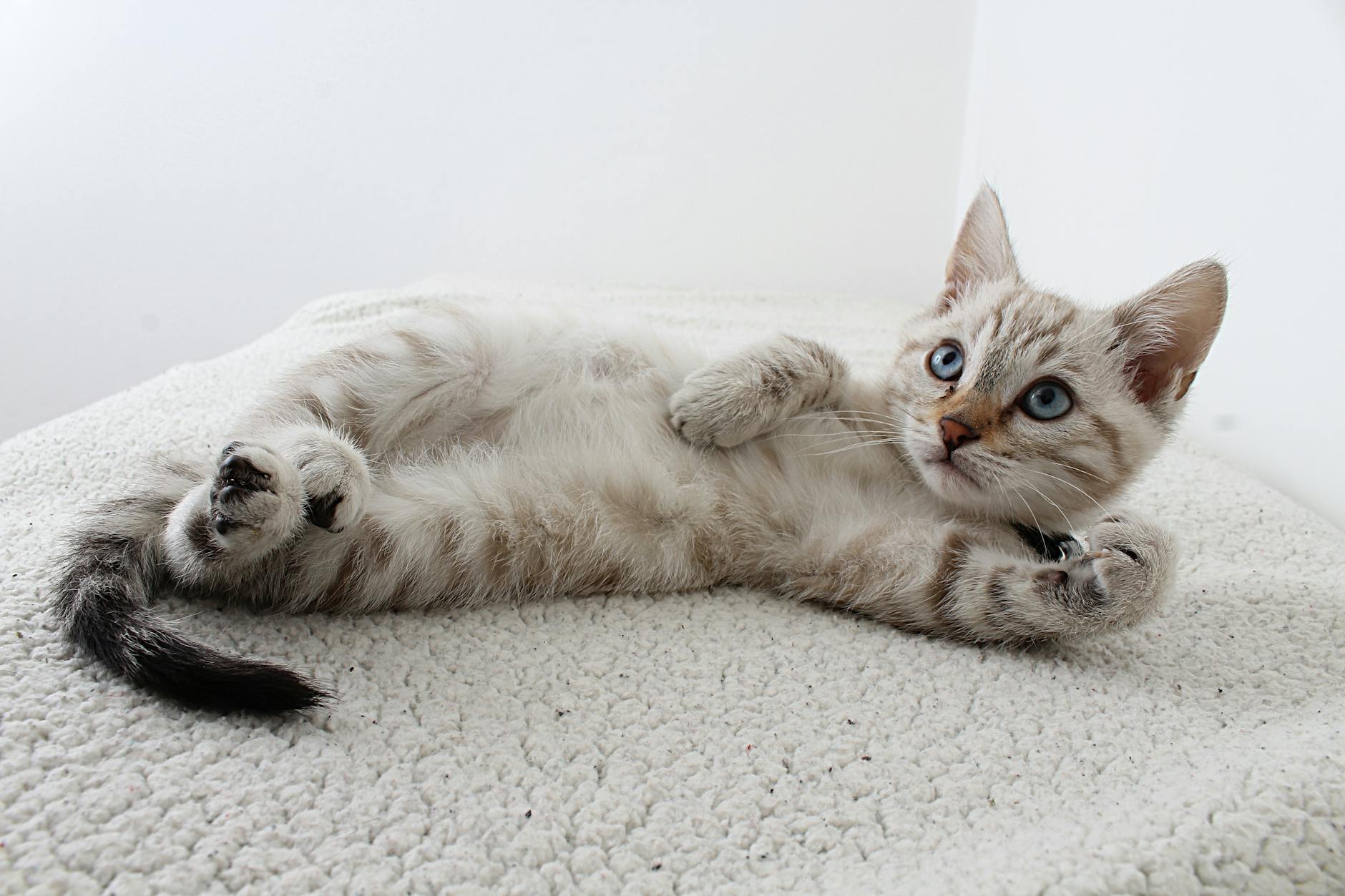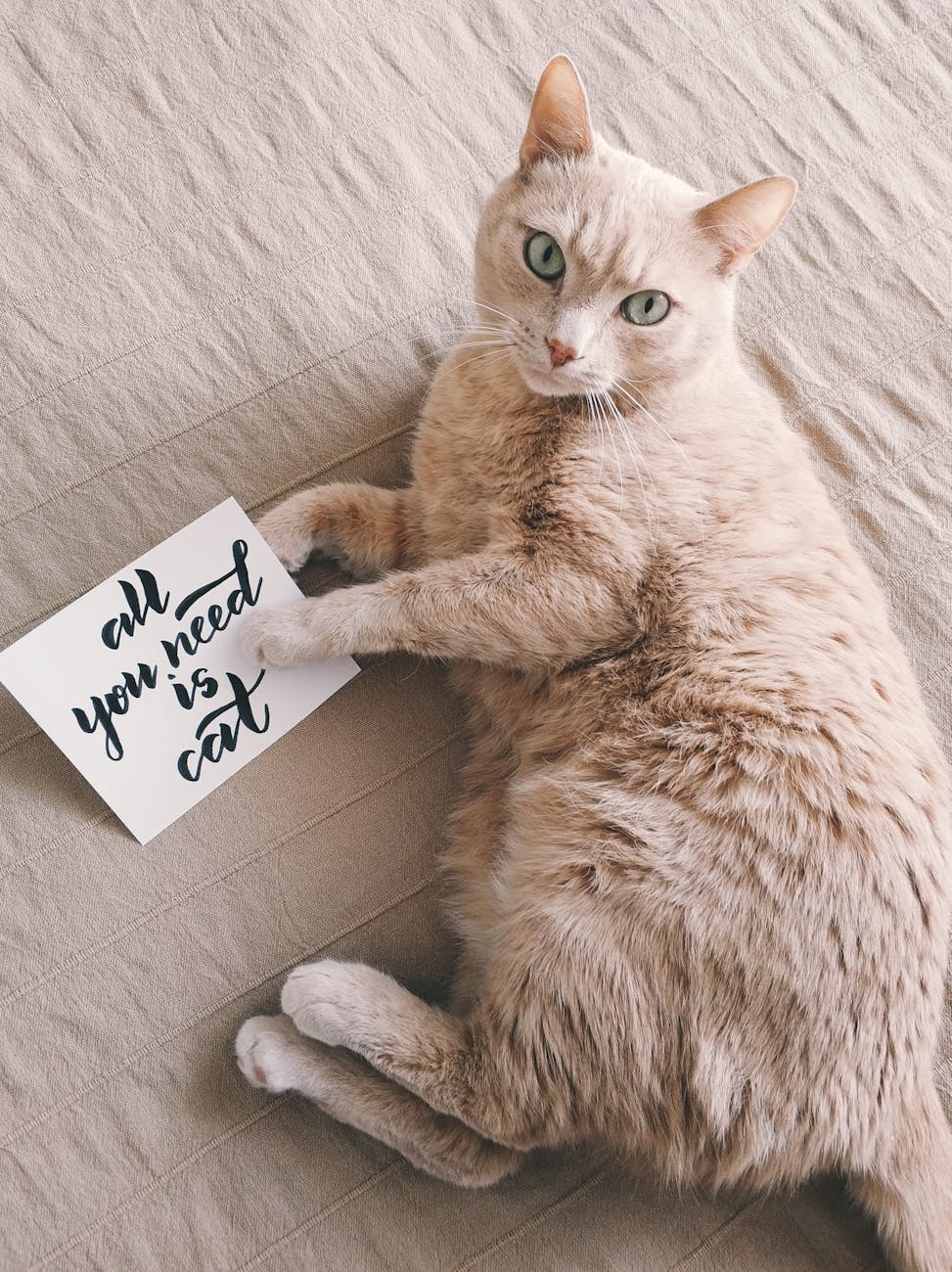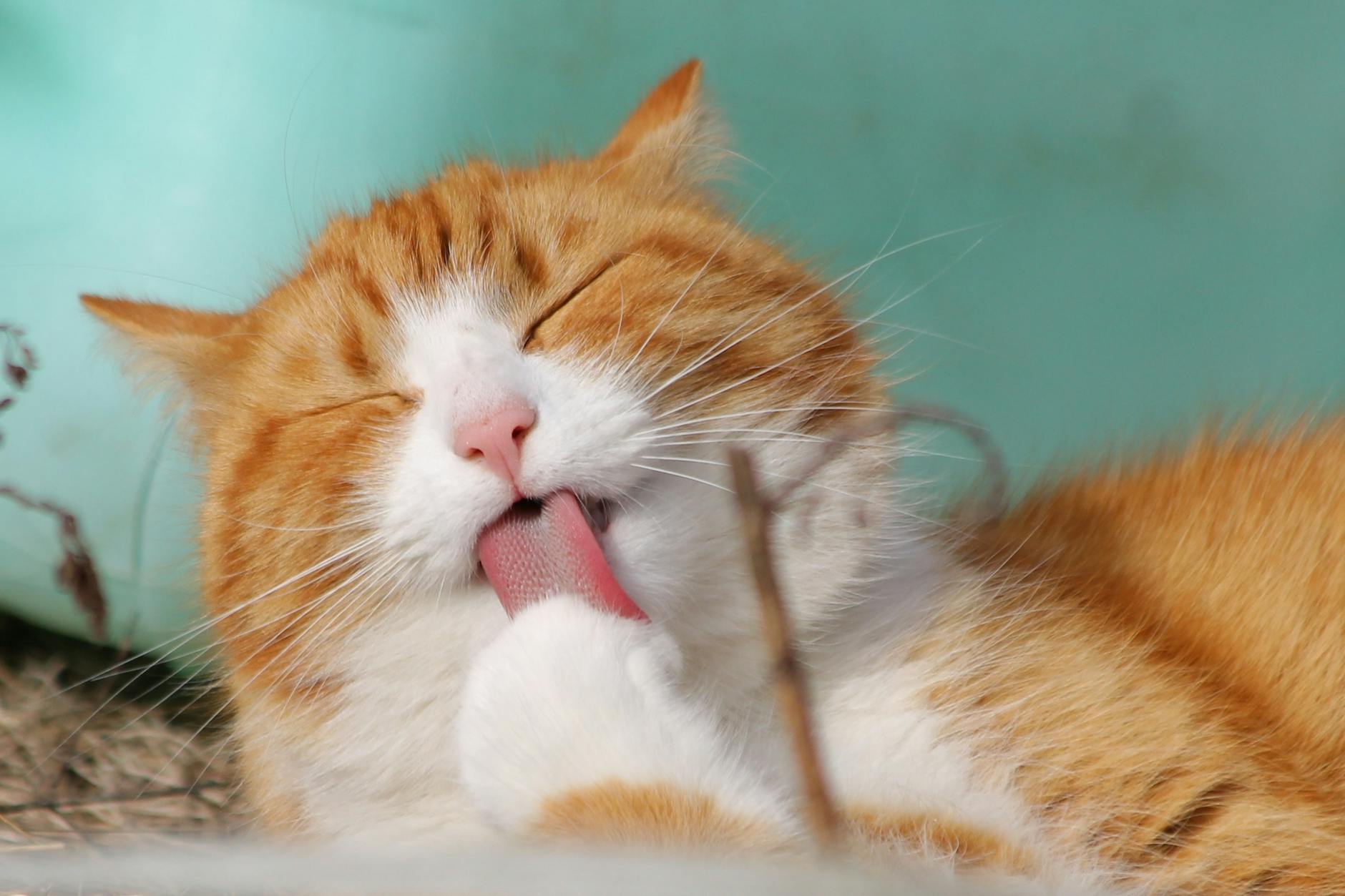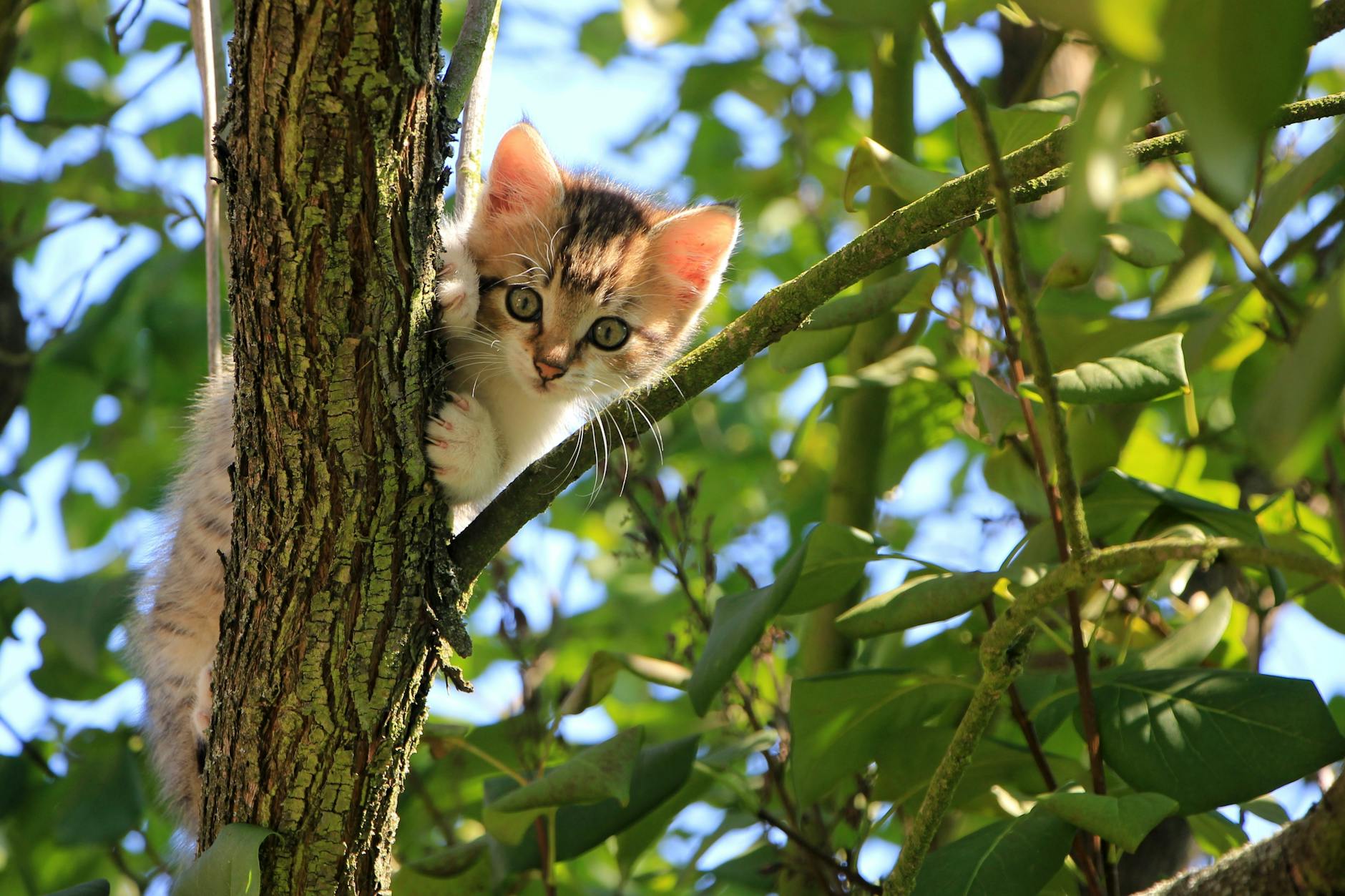Feline nutrition is often a topic of debate among pet owners, particularly when it comes to unusual foods. One common question arises: can cats eat peanuts? While cats require a diet rich in protein and specific nutrients, not all human foods are safe for them. Understanding what makes up a cat’s nutritional needs is crucial, as certain treats can lead to potential health risks. In this article, we will explore the safety of peanuts in your cat’s diet and provide insights into healthier alternatives that ensure your feline friend remains happy and healthy.
Understanding a Cat’s Nutritional Needs
Cats are obligate carnivores, meaning they require nutrients that are primarily found in animal products. Unlike dogs, their dietary needs heavily depend on proteins and specific vitamins. Here’s an overview of what contributes to a well-balanced feline diet:
- High Protein Content: Cats need protein for strong muscles and overall health. Common sources include chicken, turkey, and fish.
- Essential Fatty Acids: Fats provide energy and support skin and coat health. Tuna and salmon oil are great sources.
- Taurine: This amino acid is crucial for heart function, vision, and reproductive health. Cats cannot produce enough taurine, so it’s vital in their diet.
- Vitamins and Minerals: Key vitamins (like A and B) and minerals (like calcium and phosphorus) keep a cat’s immune system strong.
Now, you might wonder, can cats eat peanuts? While peanuts provide some protein, they don’t fit well into a cat’s dietary needs compared to poultry or fish. Always prioritize high-quality animal-based proteins to ensure your cat thrives.

The Role of Protein in a Cat’s Diet
When considering what cats should eat, understanding the importance of protein is essential. Cats are obligate carnivores, meaning they thrive on a diet primarily composed of animal proteins. Their bodies require protein to:
- Build and Repair Tissues: Protein helps maintain muscle mass and supports healing processes.
- Produce Enzymes and Hormones: Essential for metabolic functions, proteins play a vital role in maintaining bodily processes.
- Provide Energy: While fats can also provide energy, protein contributes significantly, especially for active cats.
So, can cats eat peanuts? While peanuts contain protein, they are not a complete source for feline nutrition. Here’s a quick comparison:
| Nutrient | Animal Protein (e.g., chicken) | Peanuts |
|---|---|---|
| Protein Content | High | Moderate |
| Essential Amino Acids | Complete | Incomplete |
| Digestibility | Very High | Moderate |
In summary, while can cats eat peanuts, relying on them as a primary protein source is not advisable. Cats require specific animal-based proteins to meet their nutritional needs effectively.
Are Peanuts Safe for Cats?
When considering whether can cats eat peanuts, it’s essential to weigh the pros and cons. Peanuts are not toxic to cats, but their safety isn’t guaranteed. Here’s what to keep in mind:
Digestive Challenges: Cats lack the enzymes required to properly digest peanuts, leading to potential gastrointestinal upset. Issues may include:
- Vomiting
- Diarrhea
- Abdominal pain
Choking Hazard: Whole peanuts pose a risk of choking. Cats may not chew them adequately before swallowing.
Allergies: Just like humans, cats can develop allergies. Monitor for signs of an allergic reaction, such as:
- Itching
- Swelling
- Difficulty breathing
Comparison of Peanut Options
| Peanut Type | Safety Level | Digestibility |
|---|---|---|
| Whole Peanuts | Low | Poor |
| Peanut Butter (unsweetened) | Moderate | Better |
In summary, while can cats eat peanuts, they should only be offered in moderation, and you should always prefer safe alternatives. Consult your veterinarian for personalized advice on your cat’s diet.
Potential Health Risks of Peanuts for Cats
While you might be wondering, can cats eat peanuts?, it’s important to consider the potential health risks involved. Though peanuts are not toxic to cats, they can pose several concerns:
Digestive Issues: Cats have a different digestive system than humans. Peanuts can be hard to digest, potentially leading to upset stomach or diarrhea.
Allergic Reactions: Some cats may develop allergies to peanuts, resulting in symptoms such as itching, swelling, or gastrointestinal distress.
High Fat Content: Peanuts are high in fats, which can lead to weight gain and obesity in cats if consumed in excess.
Choking Hazard: Whole peanuts can be a choking risk, particularly for smaller cats. Always chop or crush peanuts if you decide to offer them as an occasional treat.
In conclusion, while cats can eat peanuts in very small amounts, it’s crucial to be aware of these risks. Consulting your veterinarian before introducing any new food into your cat’s diet ensures their safety and well-being.

Can Cats Have Peanut Butter?
When it comes to the question of can cats eat peanuts, many owners wonder if their feline friends can also enjoy peanut butter. While some cats may be intrigued by the smell and texture, it’s essential to consider a few key points before sharing this popular spread:
Moderation is Key: If you decide to let your cat try peanut butter, do so sparingly. A small amount won’t harm them, but overindulgence can lead to upset stomach or obesity.
Check Ingredients: Ensure the peanut butter does not contain xylitol, a sweetener that is toxic to cats. Opt for natural varieties without additives like salt or sugar.
Potential Allergies: Just like humans, cats can have allergies. Start with a tiny taste and monitor for any adverse reactions such as vomiting or diarrhea.
| Aspect | Peanuts | Peanut Butter |
|---|---|---|
| Safety | Generally safe in moderation | Use in moderation, avoid xylitol |
| Nutritional Value | Low nutritional for cats | Low on protein, high in fat |
| Risk of Allergies | Low | Possible |
In conclusion, while can cats eat peanuts and peanut butter? It’s a "yes" with caution. Always consult your veterinarian if unsure about introducing new foods into your cat’s diet.
Alternatives to Peanuts for Treats
When considering what treats you can safely give your cat, peanuts may not be the best choice. Instead, opt for alternatives that cater to your feline’s nutritional needs while ensuring their health and safety. Here are some healthy and enjoyable options:
- Cooked Meat: Chicken, turkey, or fish can serve as protein-rich treats. Just ensure they are unseasoned and cooked thoroughly.
- Catnip: A natural herb many cats love. It often encourages playful behavior and can be a great treat.
- Commercial Cat Treats: Look for high-quality treats made specifically for cats, avoiding those with artificial ingredients.
- Canned Pumpkin: Plain pumpkin is packed with fiber and can help with digestion.
- Cat Grass: This is not only a tasty option but also aids in digestion and provides a source of vital nutrients.
In conclusion, while you might wonder, "can cats eat peanuts?", it’s better to explore these safer and healthier alternatives for treating your precious feline. Always prioritize their health with every snack!
Consulting Your Veterinarian
When considering whether can cats eat peanuts, it’s essential to consult your veterinarian. They can provide personalized advice based on your cat’s health profile, age, and dietary needs. Here are some reasons why you should reach out:
- Individual Health Assessment: Your vet can assess any pre-existing conditions such as allergies or sensitivities that could be aggravated by peanuts.
- Balanced Diet Guidance: Vets can recommend a well-rounded diet tailored to your cat’s specific nutritional requirements, ensuring they receive essential nutrients without unnecessary risks.
- Safe Treat Recommendations: If you’re looking for treat alternatives, your veterinarian can suggest safe and healthy options other than peanuts.
- Monitoring for Reactions: If you decide to introduce any new food, including peanuts, your vet can guide you on observing for potential adverse reactions.
In summary, consulting your veterinarian is crucial when navigating the question of can cats eat peanuts. Doing so ensures your furry friend stays healthy and happy while enjoying their meals.

Conclusion on Peanuts in Feline Diets
In summary, while can cats eat peanuts, the answer isn’t straightforward. Although peanuts are not toxic to cats, they do pose some potential health risks. Here are key points to consider:
- Nutritional Needs: Cats require a diet rich in protein, which peanuts do not provide effectively.
- Digestive Concerns: The high-fat content in peanuts can lead to obesity or pancreatitis in some cats, especially when consumed in large amounts.
- Allergies: Some cats may have allergies to peanuts, leading to symptoms like itching or gastrointestinal upset.
Alternatives to Peanuts:
If you’re looking for safe and nutritious treats for your cat, consider:
- Lean meats (chicken, turkey)
- Fish (tuna, salmon)
- Commercial cat treats that meet their dietary needs
Ultimately, while it’s tempting to share human snacks like peanuts with your furry friend, it’s best to prioritize their health and well-being. Always consult your veterinarian to ensure your cat gets the most suitable diet for their needs. So, can cats eat peanuts? Moderation and caution are key.
Frequently Asked Questions
Can cats safely eat peanuts?
While peanuts are not toxic to cats, they are not an appropriate food for them either. Cats are obligate carnivores, meaning their digestive systems are designed primarily for meat-based diets. Therefore, feeding peanuts may not provide any nutritional benefit to cats and could lead to gastrointestinal upset if consumed in larger amounts. It is always best to prioritize a balanced diet that meets their specific dietary needs.
What are the potential health risks of feeding peanuts to cats?
Feeding peanuts to cats can pose several health risks. First, peanuts are high in fat, which can lead to obesity and pancreatitis in cats. Furthermore, they can also be a choking hazard, particularly if the peanuts are whole and not properly chewed. Some cats may also have allergies to peanuts, which could result in skin irritations or other allergic reactions. It is advisable to avoid giving peanuts and stick to cat-safe treats.
Should peanuts be included in a cat’s diet as treats?
Peanuts should not be included in a cat’s diet as treats. While some may think it is alright due to the crunchiness and taste, peanuts do not suit a cat’s dietary requirements and could disrupt their digestive system. Instead, opt for treats specifically formulated for felines that can provide essential nutrients without any potential risks that come from human food like peanuts.
What are some safe treats for cats?
Some safe treats for cats include small pieces of cooked chicken, turkey, or fish, which are protein-rich and beneficial to their health. Additionally, there are commercially available cat treats that include vital vitamins and minerals tailored to their dietary needs. Freeze-dried meat treats or catnip-infused products can also be good options. It’s essential to check the ingredients and ensure the treats are formulated for cats to avoid any harmful effects.



